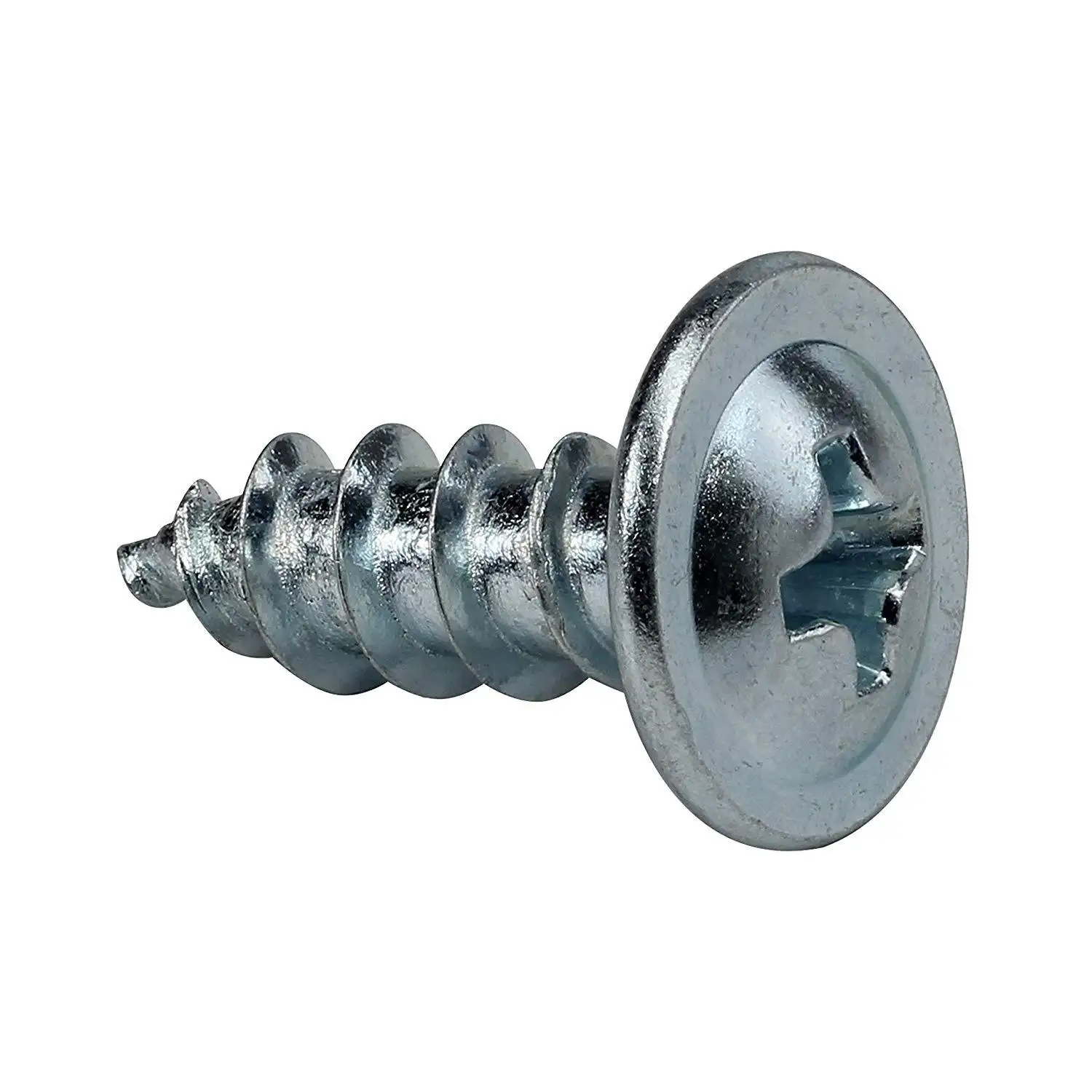Understanding the Ideal Characteristics of Drywall Screws for Optimal Performance
Understanding Best Drywall Screws Definition and Characteristics
When it comes to hanging drywall, choosing the right screws is crucial for achieving a durable and seamless finish. Among the various options available in the market, understanding what constitutes the best drywall screw can significantly impact your construction or remodeling project. This article delves into the definition, characteristics, and advantages of the most effective drywall screws.
Definition of Best Drywall Screw
The term best drywall screw refers to screws specifically designed for attaching drywall sheets to wooden or metal studs. These screws have unique characteristics that set them apart from regular screws, ensuring they provide a secure fit without damaging the drywall. The best drywall screws are often made from high-quality materials that resist corrosion, while their threads and tip designs facilitate easy installation and holding power.
Key Characteristics
1. Material Quality The best drywall screws are typically made from high-carbon steel or stainless steel, which offers excellent durability and corrosion resistance. Coatings such as phosphate or zinc are often added to further enhance their protective properties.
2. Thread Design Drywall screws have a sharp, self-drilling tip that allows them to penetrate the drywall and studs without the need for pre-drilling. The threads on these screws extend down the length of the shaft, providing superior grip and preventing the drywall from popping off the studs in the future.
3. Coarse vs. Fine Threads Coarse-thread drywall screws are ideal for use with wooden studs, while fine-thread screws are better suited for metal studs. Understanding the right type to use is essential for ensuring the integrity of your drywall installation.
best drywall screw definition

4. Length Options Drywall screws come in various lengths, typically ranging from 1 inch to 3 inches, allowing you to choose the most appropriate size for your specific application. The length you select should correspond with the thickness of your drywall and the type of studs being used.
5. Head Design The head of a drywall screw is typically flat or pan-shaped, allowing it to sit flush with the surface of the drywall. This design minimizes the need for filling after installation and gives a cleaner finish.
6. Ease of Use The best drywall screws are designed for easy handling and quick installation. Their self-tapping characteristics help reduce the effort needed, enabling both professionals and DIY enthusiasts to achieve efficient results.
Advantages of Using the Best Drywall Screws
Utilizing high-quality drywall screws offers several significant advantages. First, they enhance the overall stability and strength of drywall installations, preventing issues such as sagging or cracking over time. Secondly, thanks to their corrosion resistance, they maintain their holding power, ensuring long-lasting durability. Lastly, using the right drywall screws can save time and labor during installation, significantly improving workflow on any project.
Conclusion
In conclusion, selecting the best drywall screws is vital for achieving a successful drywall installation. Understanding their unique characteristics—including material quality, thread design, and appropriate sizes—will enable you to make an informed decision. Investing in high-quality drywall screws not only enhances the integrity of your work but also ensures a polished, professional finish. Whether you're a seasoned contractor or a first-time DIYer, remember that the right screws can make all the difference in the quality and longevity of your drywall project.
-
Top Choices for Plasterboard FixingNewsDec.26,2024
-
The Versatility of Specialty WashersNewsDec.26,2024
-
Secure Your ProjectsNewsDec.26,2024
-
Essential Screws for Chipboard Flooring ProjectsNewsDec.26,2024
-
Choosing the Right Drywall ScrewsNewsDec.26,2024
-
Black Phosphate Screws for Superior PerformanceNewsDec.26,2024
-
The Versatile Choice of Nylon Flat Washers for Your NeedsNewsDec.18,2024










